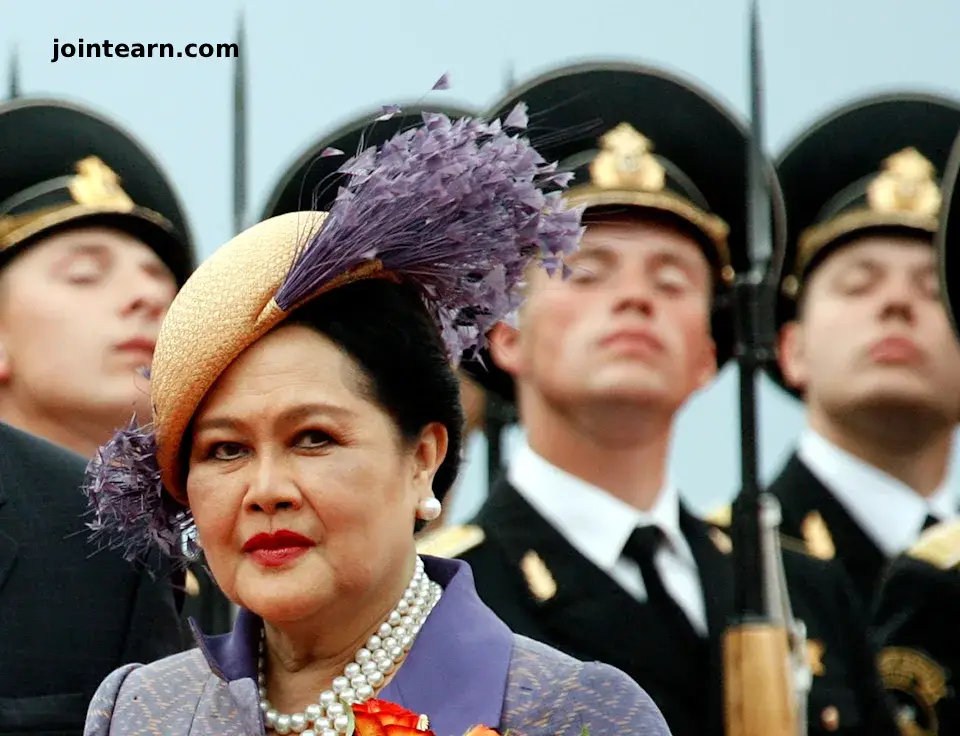
Bangkok, October 25, 2025 — Thailand is in mourning following the death of Queen Mother Sirikit, one of the most revered figures in the country’s modern history. The Royal Household Bureau announced that the Queen Mother passed away late Friday at the age of 93 after suffering complications from a blood infection. She had been hospitalized at Chulalongkorn Hospital in Bangkok for several years due to ongoing health problems, including a stroke she suffered in 2012.
Sirikit was the wife of the late King Bhumibol Adulyadej, Thailand’s longest-reigning monarch, and the mother of the current king, Maha Vajiralongkorn. Her death marks the end of an era deeply tied to the stability, cultural identity, and compassion that defined Thailand’s royal institution for nearly seven decades.
A Beloved Royal Figure and National Matriarch
Known affectionately as the “Mother of the Nation,” Queen Mother Sirikit dedicated her life to serving the Thai people. Her humanitarian efforts, particularly for rural development, women’s empowerment, and environmental conservation, earned her respect across generations.
In the 1970s and 1980s, she established royal projects and foundations that promoted sustainable livelihoods and preserved Thailand’s cultural heritage. The SUPPORT Foundation, one of her signature initiatives, trained thousands of rural women in traditional crafts such as silk weaving, jewelry making, and ceramics — helping local communities achieve economic independence.
“She cared for the Thai people like her own children,” said Maneerat Laowalert, a 67-year-old mourner outside the hospital. “The whole world seemed to stop when I heard she had passed.”
Royal Tributes and National Mourning
Prime Minister Anutin Charnvirakul described Queen Mother Sirikit’s passing as “a great loss for the country,” ordering national flags to be flown at half-mast for 30 days and declaring a year-long mourning period for civil servants and the royal household.
King Maha Vajiralongkorn has instructed that his mother be given a state funeral with the highest royal honors. Crowds of mourners carrying portraits of the late queen gathered outside Chulalongkorn Hospital, dressed in black and reciting prayers.
Her body will lie in state at Dusit Thorne Hall in the Grand Palace, where the public will be able to pay respects before her royal cremation.
From Aristocrat to Queen
Born Sirikit Kitiyakara on August 12, 1932, into an aristocratic Bangkok family, she was the daughter of Prince Nakkhatra Mangkala and Mom Luang Bua Kitiyakara. After World War II, she moved to France with her diplomat father, where fate led her to meet the young King Bhumibol, who was studying in Switzerland.
Their courtship blossomed after the king’s car accident in 1948, when Sirikit cared for him during his recovery. They married in April 1950, just days before his coronation, pledging to “reign with righteousness for the benefit and happiness of the Thai people.”
The couple had four children — King Maha Vajiralongkorn, Princess Ubolratana, Princess Maha Chakri Sirindhorn, and Princess Chulabhorn — and were regarded as symbols of unity and stability during Thailand’s turbulent modern history.
Humanitarian Vision and Royal Duty
During the 1960s and 1970s, Queen Mother Sirikit accompanied King Bhumibol on extensive tours across Thailand’s remote provinces. She often walked through rice fields, met villagers, and listened to their problems firsthand. Her compassion and empathy bridged the gap between rural communities and the country’s elite.
In 1976, she founded the SUPPORT Foundation to promote traditional Thai crafts and preserve indigenous knowledge. Later, her environmental projects such as “Forest Loves Water” and “Little House in the Forest” highlighted the importance of reforestation and sustainable living.
Her influence extended beyond Thailand’s borders — she championed humanitarian relief for Cambodian refugees in the 1980s and was recognized internationally for her charitable work.
Political Shadows and Enduring Legacy
Although Thailand’s monarchy is constitutionally above politics, Queen Sirikit’s attendance at the 2008 funeral of a royalist protester sparked speculation about her political sympathies. Still, her popularity remained deeply rooted, especially among rural Thais who saw her as a source of comfort and moral guidance.
Despite years of ill health and withdrawal from public life after her 2012 stroke, her image continued to adorn homes, schools, and temples throughout the country. Her birthday, August 12, remains Thailand’s official Mother’s Day — a lasting tribute to her devotion.
A Nation in Reflection
For many Thais, Queen Mother Sirikit’s death revives memories of the 2016 passing of King Bhumibol, whose seven-decade reign was intertwined with hers. Together, they represented the heart and soul of modern Thailand — guiding the nation through wars, political upheavals, and cultural transformation.
“She was more than a queen,” said Siraphob Sutthisalakorn, a Bangkok resident. “She was our nation’s mother, and her legacy will live forever in our hearts.”
As the Chakri dynasty faces a new chapter under King Vajiralongkorn, Thailand now bows its head in sorrow and remembrance — honoring a queen whose grace, strength, and compassion defined an era.


Leave a Reply